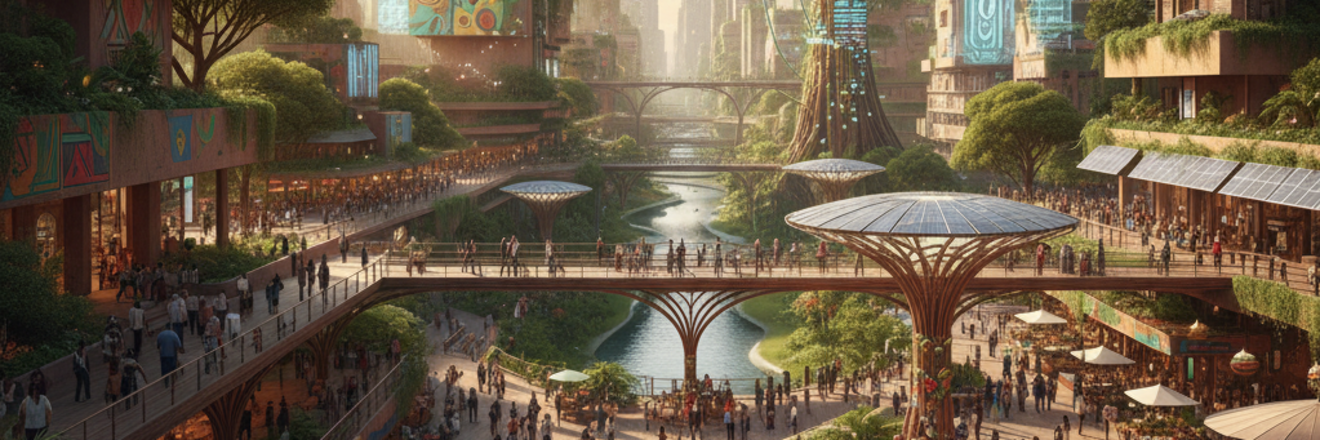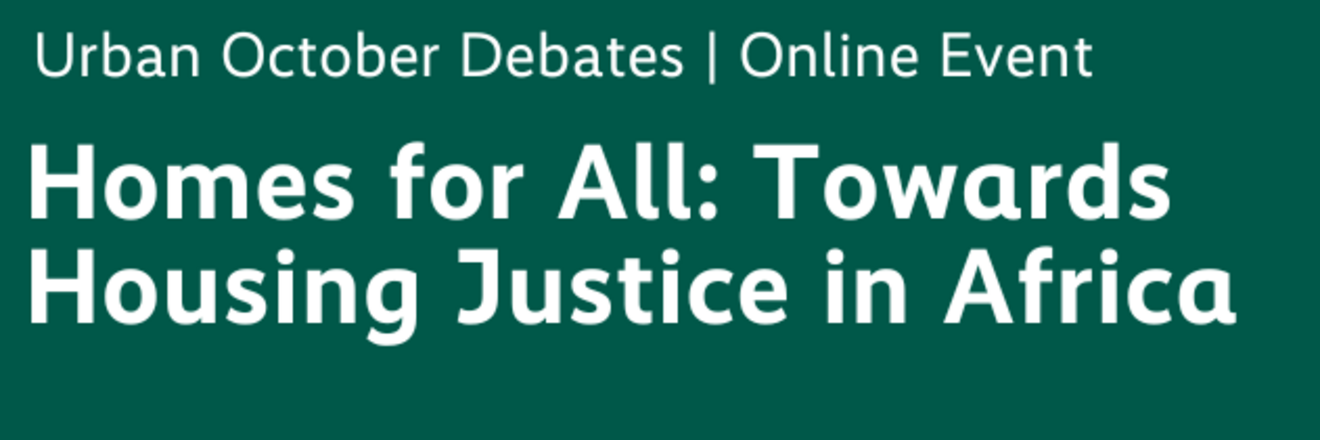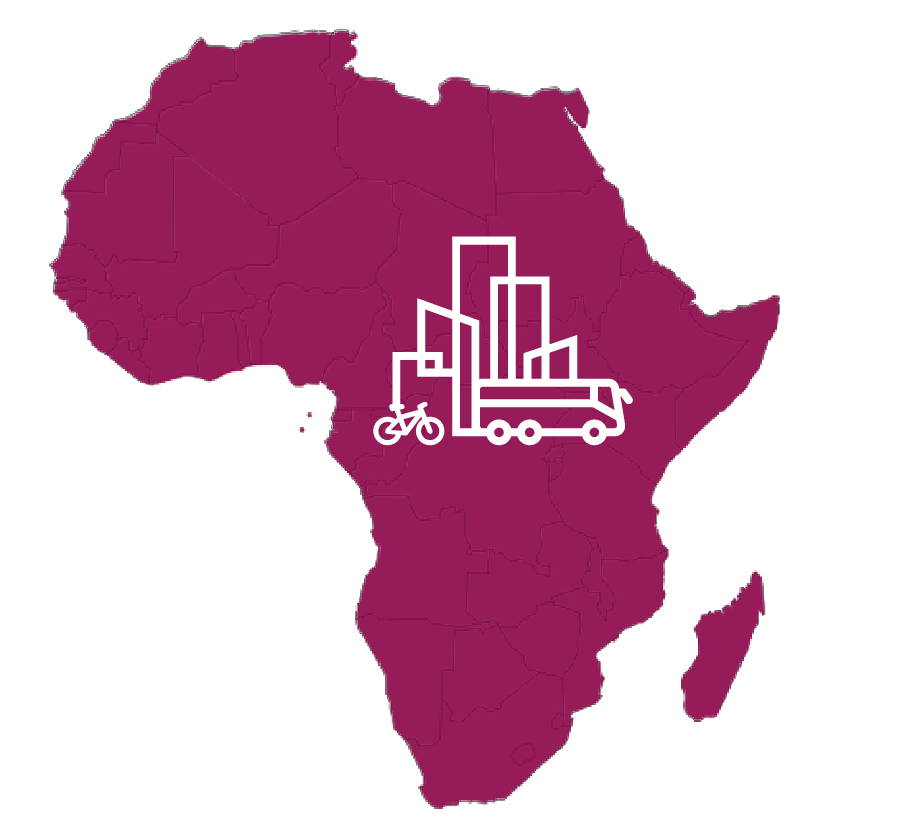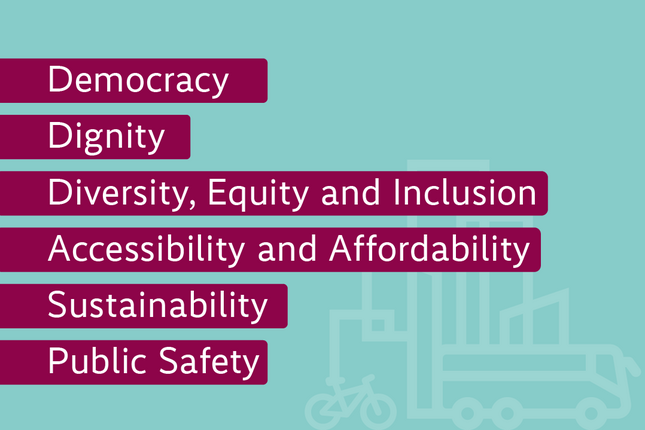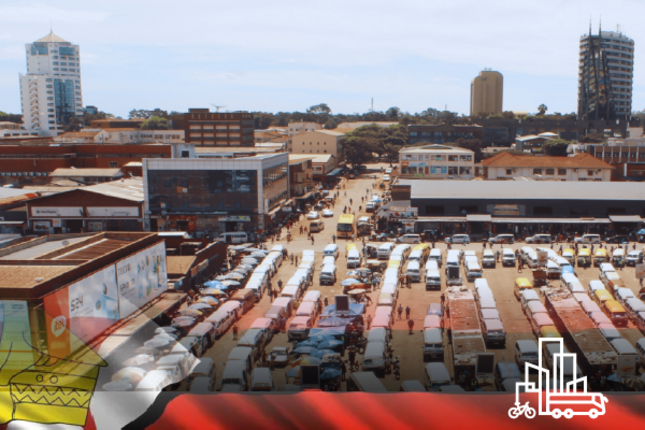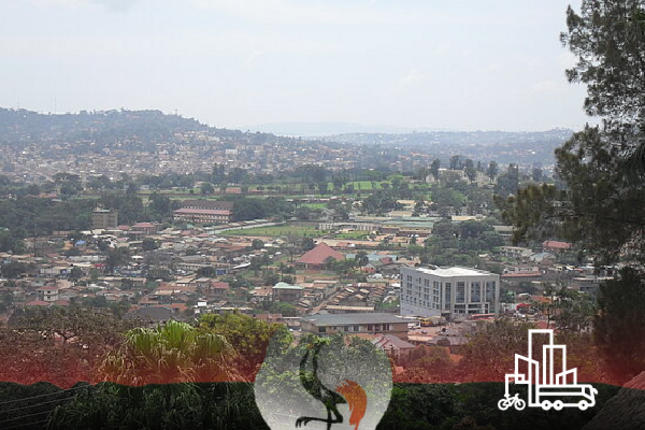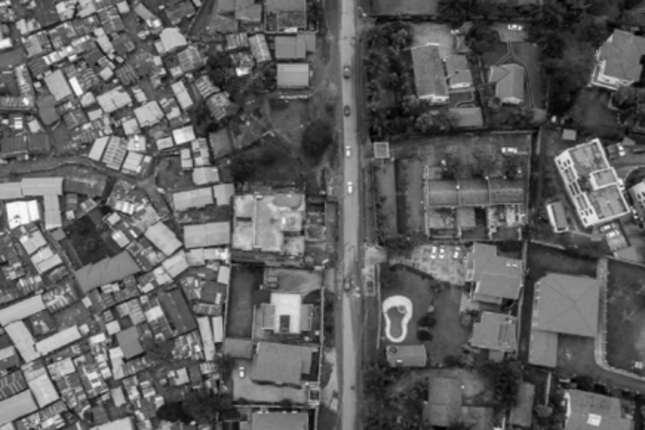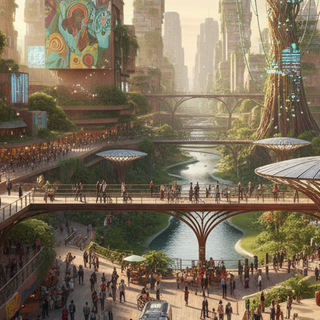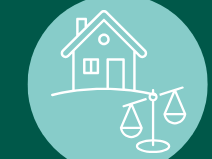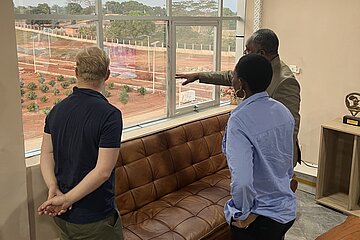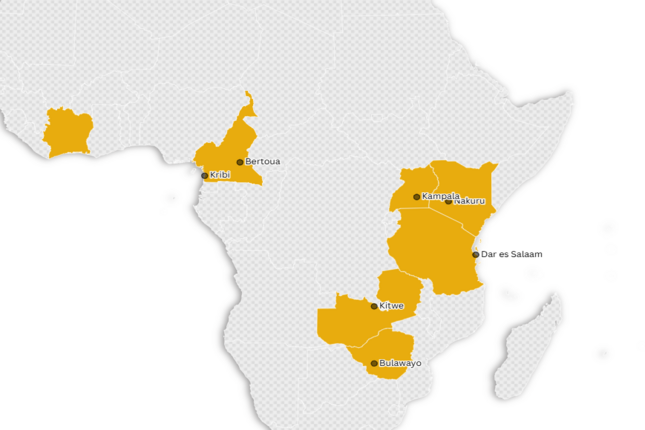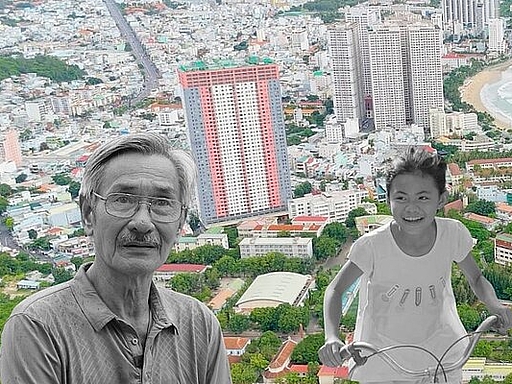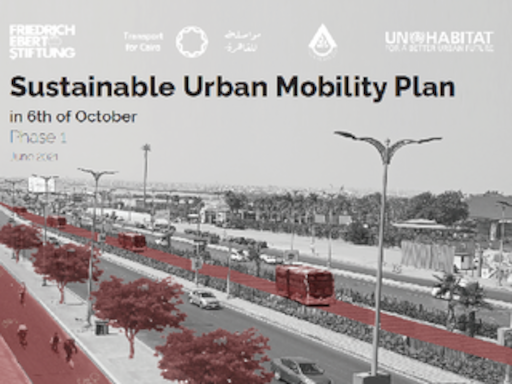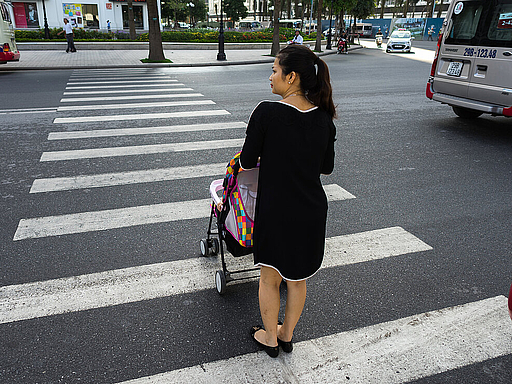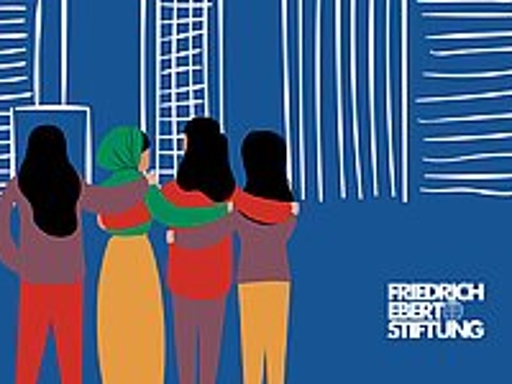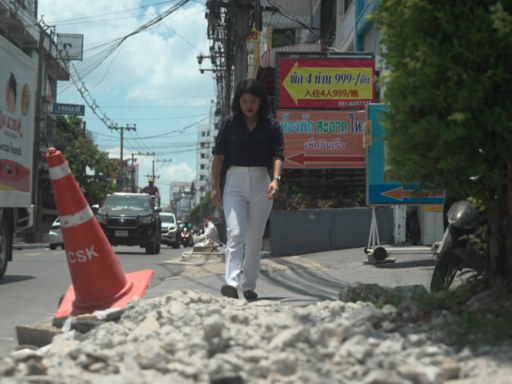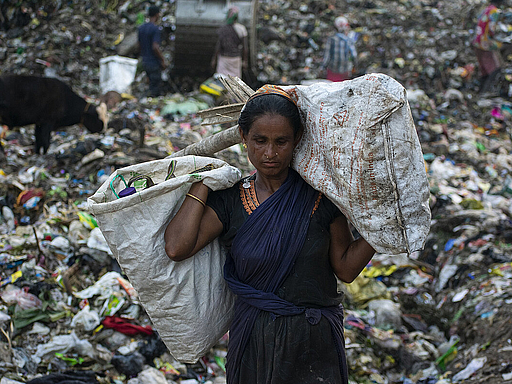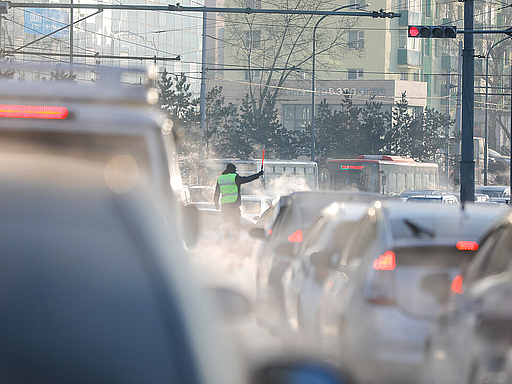The Just City in Africa
The Urban and Just City in Africa
The concept of the Just City envisions urban environments where diversity, equity, and inclusion are central to city governance and design. Ensuring that all residents, regardless of race, gender, socio-economic status, or ethnicity, have equal access to opportunities and services such as decent work, health care, transport, education, and housing is at the core of the Just City. This concept aims to create spaces that foster dignity by recognizing residents of informal areas as equal citizens and emphasizes democratic urban planning that includes diverse voices and perspectives. Public safety is a priority, focusing on physical safety, adequate space, and social safety mechanisms, especially for vulnerable groups like women, the elderly, children, and people with disabilities. Accessibility and affordability are key for a socially inclusive Just Cities. In cooperation with local, regional, and international partners, FES addresses critical urban challenges such as transport and housing, promoting sustainability and resilience to ensure a fair, inclusive, and sustainable urban future for all.
Rapid urbanisation in Africa, coupled with demographic change, is the key driver of transformation in the next 50 years: the future of the continent will be decided in its rapidly growing cities. Africa's urban population will double by the middle of the century, and the majority of Africans will live in cities by 2040. Governments will be measured by the extent to which they can provide public services, access to affordable housing and mobility in cities for all, regardless of social and economic background or gender. So far, people are moving to and living in “unjust” cities, which were often built in the colonial era and where neoliberal urban policies are further reinforcing historical inequalities. Read more about reasons for moving to cities from rural areas in our survey project.
The majority of African urban dwellers live in informal settlements, work in precarious conditions, mostly in the informal sector, without work contracts, social security and often without prospects. In addition, 70 per cent of global CO2 emissions are produced in cities. Urbanisation accelerates existing social and economic inequalities and the climate crisis. Most of the urban infrastructure required on the continent has not yet been built. Who gets to benefit from this infrastructure and urban public goods is one of the most important socio-political debates in the 21st century in Africa. Technical solutions alone, currently prioritised by national decision-makers as well as bilateral and multilateral actors, will not suffice to reduce the growing urban inequality on the African continent. For an equitable and redistributive urban policy in Africa, socio-political power relations must change. These are contested.
For the “unjust” city to become a “just” one, a democratisation of decisions about housing, transport, a fairer distribution of land, healthcare and public land, and public safety is needed from the municipal to the national level. This also requires international support. The aim is to enable and shape a people-centred urban transformation towards a “Just City”. Under the same name, the FES pursues a continental project that initiates and promotes debates about concrete political strategies on the path towards socially and gender-equitable urbanisation in Africa.
Project Countries
Activities
Publications
Kaloki, Titus (Hrsg.) ; Wasonga, George (Hrsg.)
Just and Sustainable Urbanisation Platform (JSUP)
harmonized survey report on best practices for sustainable solutions on water and waste management in informal settlements of Kisumu, Makueni, and Nakuru counties
Collord, Michaela ; Mwansasu, Nice Amon
Bodaboda wa Dar es Salaam
kuelekea usafiri endelevu na uhakika wa ustawi wa amisha
Collord, Michaela ; Mwansasu, Nice Amon
Bodaboda in Dar es Salaam
towards sustainable and secure livelihoods
